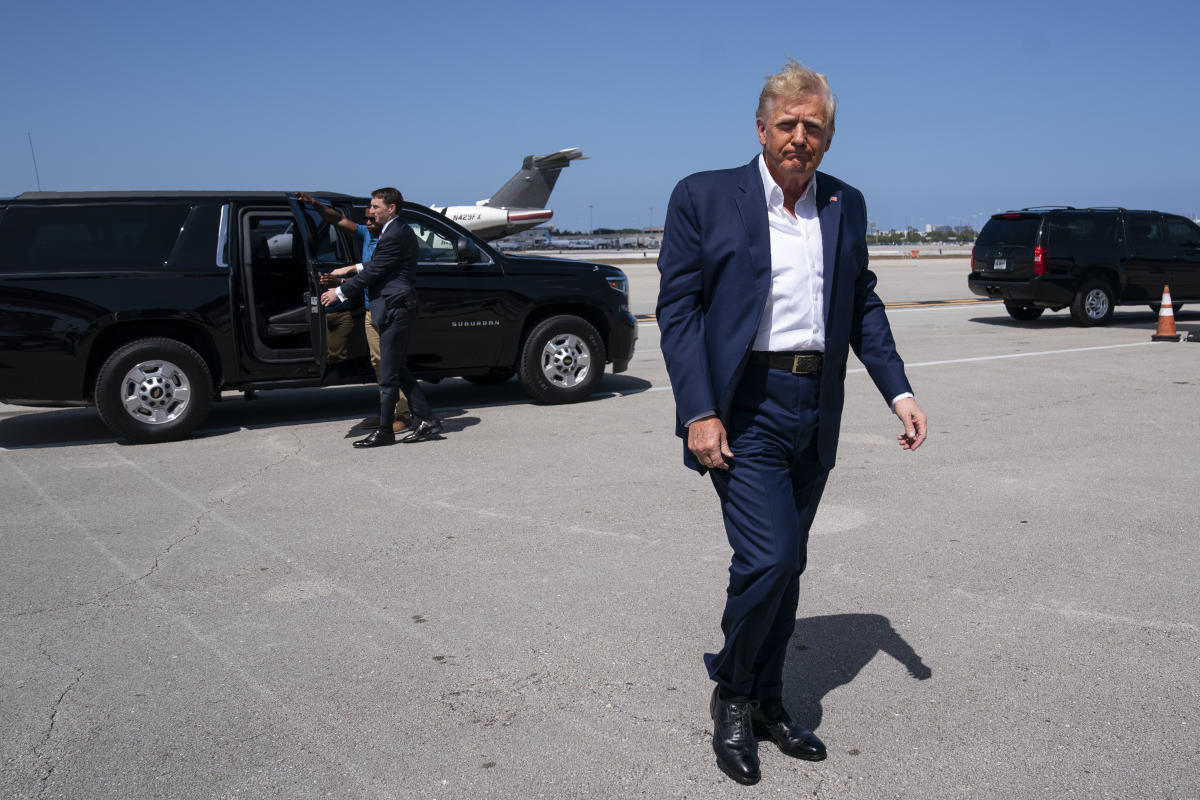SteveSBrickNJ
Well-known member
Offline
Former President D. Trump has been indicted by a New York Grand Jury. There will be much to talk about on this topic because this is just the first step in a lengthy process.
Possibly it is worthy of its own thread here rather than posting about Trump's indictment in already existing threads?
*
This 3/31/23 story might get the ball rolling....
*

 www.yahoo.com
www.yahoo.com
Possibly it is worthy of its own thread here rather than posting about Trump's indictment in already existing threads?
*
This 3/31/23 story might get the ball rolling....
*
Manhattan’s DA wanted a Friday Trump arrest. Trump’s team said no.
Secret Service needed more time to prepare, according to the ex-president’s legal team.
